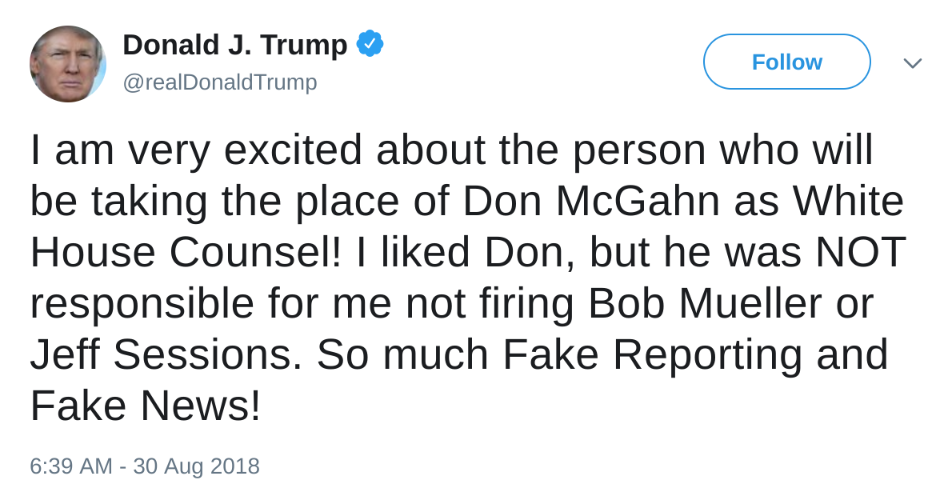Oh dear.
I guess I should begin by explaining that I am not a poet and that, for the very most part, poetry does not speak to me—sorry, it just doesn’t and never has. So here I am wading in to what shouldn’t even be a controversy about poetry.
A bit of background might help. A few years ago, after I had completed the preliminary work for my dissertation, I was beginning the search for articles that I would subject to discourse historical analysis for the dissertation itself. As a part of this search I subscribed to a number of conservative email newsletters, including Prufrock.
Prufrock wasn’t actually useful in my dissertation work. Micah Mattix rarely, if ever, takes on the topic of unauthorized migration. But he is an example of a traditionalist conservative (which makes it a bit surprising that the neoconservative Weekly Standard publishes his newsletter, but neoconservatives seem to hold nowhere near the animus toward traditionalist conservatives that the latter hold toward the former).
Mattix, rather, focuses on western culture with a strong literary bent. His newsletter is tolerable and occasionally worth at least reading the first few lines of, so I have remained subscribed.
Today (August 13, 2018), quoting at length, he writes:
I’m not going to link to an essay in The Atlantic on why poetry matters because, well, it’s not really about poetry. (Fine. Here it is.) It’s about identity and how poets are exploring it “in new ways” (whatever that means) and how technology is helping them “engage” their yuge audience. Anyway, the entire piece is a mess, but I will say this: If people are reading a poem primarily because of its politics, how does that make poetry matter? It matters because it is the vehicle for something else? I suppose that may be “mattering,” but only in a very narrow sense—like a helmet matters because it protects my head. You know why poetry should matter? Because poets are writing good poems. Why should people read poetry? Because they like it. Should poetry change people? Maybe, though it often doesn’t. It should, however, remind people that not everything in life is about power and fame. And it should occasionally show people that thinking about seemingly unimportant things for no reason is part of what makes us human.[]
The Atlantic article is mostly about how poets who are not white, binary gender-conforming, cis, and heterosexual (yeah, a lot of this is somehow about sex) are beginning to gain prominence,[] which you and I might agree is a laudable thing. Since the Left has largely stopped talking about class—this article is no exception—and decided that class is instead the complaint of white males pining after lost privilege, I found myself skimming through most of it to find any reference to what Mattix is complaining about.
But there it is, some poetry that references white massacres of American Indians. And discussion of poetry about “apartheid, colonialism, a fascination with the bodies of saints, bodies in extremis.” And more.[]
You see the problem here: Mattix wants poetry to “remind people that not everything in life is about power and fame. And it should occasionally show people that thinking about seemingly unimportant things for no reason is part of what makes us human.”[] As if the introduction of diverse voices covering topics of injustice somehow deprives him of such poetry, consigns it to “irrelevance,” or its labeling as “irrelevant” somehow poses a threat to its existence when such work, appearing across a multitude of forms, has been preserved in libraries, museums, concert halls, and theaters for centuries and seems likely to remain so.
Suffice it to say, Mattix’s argument does not impress. What’s going on here is that Mattix does not want to be reminded that not everything is wonderful with the status quo. If Mattix is in any way concerned with social injustice, he offers no evidence of it here. He’s just tired of hearing about it.
Much like the Left with class.
